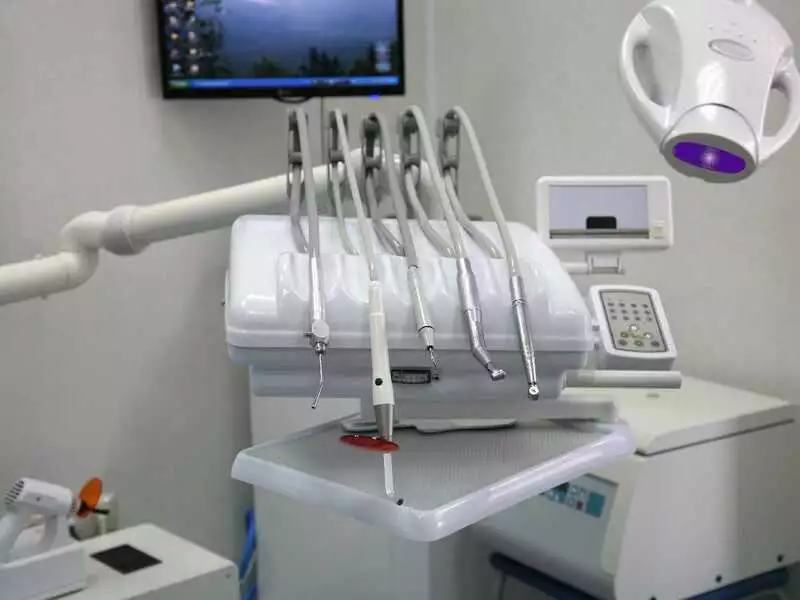Joint pain, problems with eyesight, the circulatory system and a weaker memory - these are the ailments most commonly complained of by the elderly. Far less frequently mentioned are the oral health problems that people over 50 suffer from. Dental caries, dry mouth and gum problems are the most common complaints of this age group. What can be done to get rid of them and enjoy your own teeth for as long as possible?
Tooth decay
Teeth change with age and their remineralisation is no longer as effective as in younger people. The use of fluoride-rich oral hygiene products is no longer as effective as it was a few or several years ago. These changes often lead to caries, the course of which is different in older people than in young people.
- In people over 50 years of age, caries is usually chronic and develops more slowly than in younger people, who are most often affected by acute caries due to relatively poorly mineralised teeth and wider dentinal tubules that make it easier for acids and bacteria to penetrate. Seniors, on the other hand, have chronic caries, which develops more slowly due to the deposition of secondary and sclerotic dentin. Dentin is the tissue underneath the enamel and its function is to protect the delicate pulp of the tooth. In 50-year-olds, it is characterised by greater mineralisation and narrowed dental tubules. Circular caries, which develops near the root or at the cervical part of the tooth, is also common at this age," says Dr. stom. Monika Stachowicz.
In addition, in people over 50, the risk of caries is increased by several age-related factors, including: reduced saliva secretion, changes in the pH of the oral cavity, medications taken, co-morbidities and an increased amount of dental plaque, which promotes the development of carious bacteria.
Solution
Regardless of age, emphasis should be placed on prevention. Adequate oral hygiene at home is essential and must, above all, be systematic. The teeth should be brushed at least twice a day with a soft-bristled toothbrush and suitable toothpaste, i.e. with a fluoride content of more than 1,000 ppm. As far as the treatment itself is concerned, older people with caries are primarily treated conservatively by eliminating the carious lesions. However, it should be noted that in people over 50, teeth are more fragile and the risk of damage to the tooth pulp increases.

photo: panthermedia
Dry mouth
Difficulty swallowing, dryness in the throat and dry, cracked lips - these signals can be indicative of reduced saliva production. In people over 50, dry mouth is a very common problem. The reason may be the atrophy of salivary gland cells with age, most often in the submandibular salivary glands, but also medication often taken by older people. It is worth remembering that the amount and composition of saliva secretion may change in a person suffering from conditions such as diabetes, rheumatic diseases, Alzheimer's disease or Parkinson's disease.
- Among other things, saliva's function is to protect oral health - firstly by limiting the adhesion of bacteria that can cause decay, secondly by destroying them, blocking their growth and maintaining a neutral pH in the mouth. In older people, not only does the amount of saliva change, but also its composition - the amount of electrolytes, histidine-rich salivary proteins and mucin, which protects teeth from decay-causing bacteria, decreases, the expert explains.
Solution
In order to get rid of dry mouth, the first thing to do is to ensure that the body is properly hydrated - ideally drinking around three litres of fluids a day. It is also worth reaching for such fruit and vegetables as watermelon, oranges, cucumbers and tomatoes, which will provide us with additional water. You can also find special preparations for the problem of dry mouth in pharmacies, such as saliva stimulating tablets. Thanks to the organic acids they stimulate the salivary glands and the mouth becomes adequately moistened. During the day, it is also worth chewing gum containing xylitol, which restores the acid-alkaline balance in the mouth and inhibits the growth of Streptococcus mutans, the bacteria responsible for caries.









